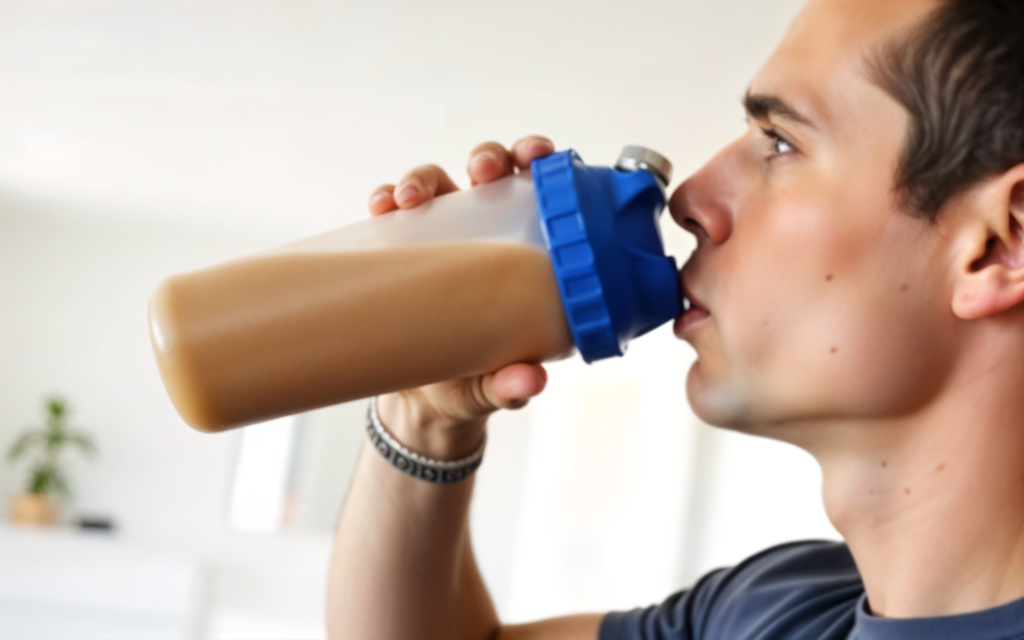
How to use Protein Powder for Weight Loss?
If you want to lose weight, you’ve probably heard of tons of diet programs, meal options, and workouts. One repeated suggestion is higher protein consumption because it’s absolutely essential for effective weight control. With all of the protein on the market today, you can’t help wondering if protein powder is a solution that works. Knowing how protein powder can benefit weight loss may enable you to make a healthy choice and do your body the best it can. In this blog, we will discuss how to use protein powder for weight loss, types of protein powder and tips to incorporate it in your diet.
What Is Protein Powder?
Protein powders are nutritional supplements that supply a concentrated amount of protein in every serving. They are available in various forms, with varying sources, such as:
- Plant proteins – Pea, hemp, and rice proteins
- Soy protein – Soybean-derived, popular among vegetarians
- Egg protein – Egg whites-based, commonly utilized for muscle recovery
Most protein powders also have extra ingredients, like vitamins, amino acids, fats, and sweeteners. They are either enriched with essential nutrients or contain added sugars that might affect your weight-loss program. So, selecting the correct kind of protein powder is important in order to cater to your requirements.

How to use Protein Powder for Weight Loss?
Although protein powders are widely used in building muscle, they are also effective for weight loss if applied properly. Protein is crucial in various metabolic activities that help burn fat. Research indicates that a sufficient amount of protein intake will:
- Enhance fullness, lowering the overall calorie consumption
- Lower the hunger hormone, ghrelin, resulting in less craving
- Enhance the metabolism of fat and reduce fat storage
- Enhance the sensitivity to insulin, helping maintain better blood sugar levels
Increase calorie burn by increasing lean muscle mass
But not all protein powders are made the same. Some have added sugars, bad fats, and artificial ingredients that can negate your weight loss progress. Knowing how to use protein powder for weight loss is essential to achieving success.
Best Types of Protein for Weight Loss
How to use protein powder for weight loss? Not all protein sources contribute equally to weight loss. If you’re focusing on shedding fat while preserving muscle mass, consider incorporating these high-quality proteins into your diet:
Whole Food Protein Sources
While protein powder is convenient, whole foods should be your primary source of protein whenever possible. Some of the best lean protein sources include:
- Skinless poultry (chicken, turkey)
- Eggs and egg whites
- Fish and seafood
- Low-fat dairy (milk, yogurt)
- Nuts and seeds (almonds, peanuts)
- Beans, lentils, and legumes
- Soy-based foods (tofu, tempeh)
- Whole grains (quinoa, oats)
Protein Powders for Weight Loss
When it’s challenging to get all the protein your body needs through whole foods alone, supplementing with a good protein powder is a convenient way out. The most effective varieties for weight loss are:
- Whey protein – High in amino acids and quickly absorbed, best taken after workouts for recovery
- Casein protein – Slow-absorbing, leaving you feeling full for several hours
- Pea protein – Low-fat, plant-based, and an ideal choice for those with dairy allergies
- Hemp protein – Fiber content can help with digestion and weight loss
Choosing a protein powder with little added sugars and bad fats is important in learning how to use protein powder for weight loss.

How to Incorporate Protein Powder Into Your Diet?
If you are planning to incorporate protein powder into your diet, you need to use it wisely to facilitate weight loss. Here are some great tips on how to use it effectively:
Meal Replacement
You can use a protein shake as a healthy meal replacement, particularly when blended with fiber-rich foods such as fruits, vegetables, and good fats. A balanced shake can make you feel fuller for longer and avoid overeating.
Post-Workout Boost
Having protein following a workout enables muscles to heal and lose fat. A protein shake after workout may improve recovery in muscles as well as function in the body.
Low-Calorie Snacks
Adding protein powder in yogurt, oatmeal, or smoothies produces a filling snack that suppresses hunger. Snacking on foods rich in proteins prevents cravings as well as redundant intake of calories.
Cooking and Baking
Protein powder isn’t just for shakes—use it in recipes such as protein pancakes, muffins, or energy balls to add extra daily intake while mixing up meals.
Portion control is also key when thinking about using protein powder for weight loss. Eating too much may cause excess calorie consumption, slowing down your results.
Key Things to Consider Before Using Protein Powder
Although higher protein consumption may be favorable, it is important to take into consideration some factors:
- Ideal Protein Consumption – A daily protein consumption of 1 to 1.6 grams per kilogram of body weight is ideal for weight reduction. Beyond 2 grams per kilogram, however, it begins to stress the kidneys.
- Nutrient Balance – Heavy dependence on protein powder can create nutrient imbalances. A balanced diet rich in fiber, good fats, and carbohydrates is a must for healthy living.
- Picking Clean Ingredients – Protein powders have numerous artificial sweeteners, fillers, and additives that are harmful to weight loss. Always read the nutrition label before buying.
Knowledge about how to consume protein powder for weight loss in a balanced and sustainable manner is important to bring about improved outcomes without harming the overall health.
A Smarter Approach to Weight Loss
How to use protein powder for weight loss? It is true that protein powder may be a valuable aid, yet weight loss comes with a long-term approach. A combination of a high protein diet with proper lifestyle will generate the best results. Along with proper nutrition, Direct Preventive Care offers advanced weight-loss solutions like Compounded Semaglutide and Compounded Tirzepatide to enhance your progress. These innovative treatments work by regulating appetite, improving insulin sensitivity, and supporting long-term fat loss. If you’re looking for a science-backed strategy to achieve your weight-loss goals, exploring these options alongside a protein-rich diet may be the key to success.














